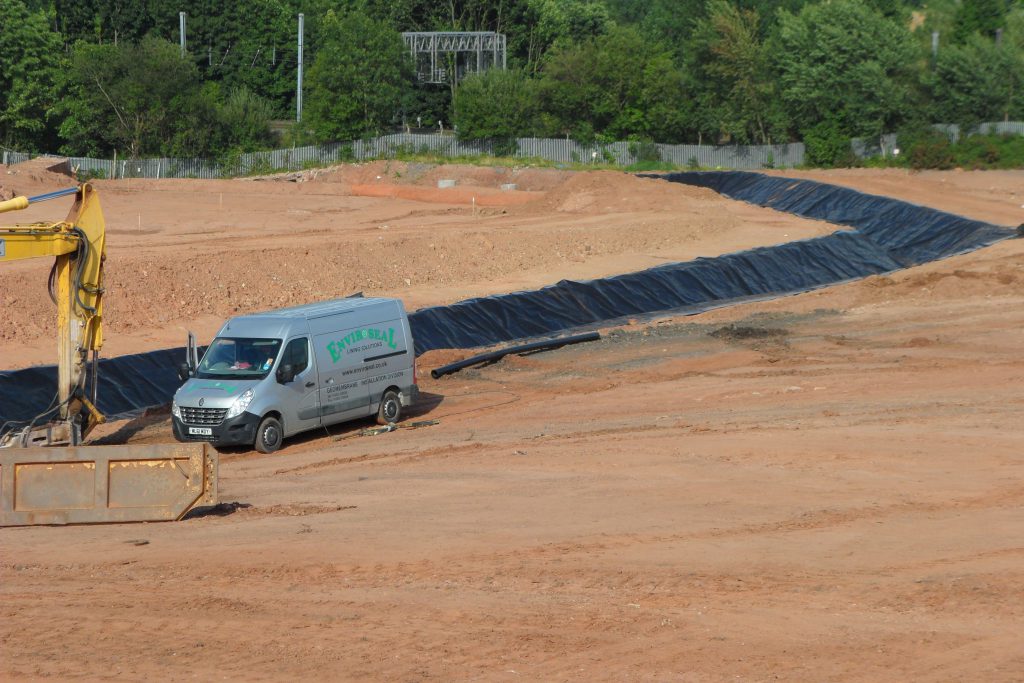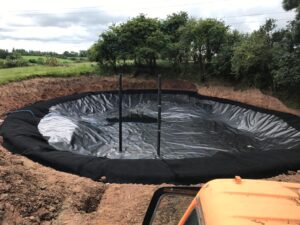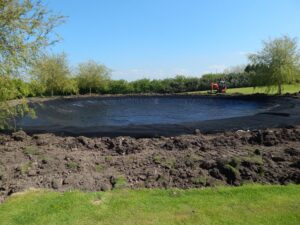In the domains of oil, gas, and mining industries, containment lagoons emerge as crucial installations, serving to manage and contain various fluids and byproducts vital to extraction processes. These lagoons offer multiple benefits, playing a pivotal role in ensuring environmental protection and operational efficiency.
Fluid Containment and Management:
Containment lagoons serve as designated areas for storing fluids used in extraction processes, such as hydraulic fracturing in oil and gas or containing mining byproducts. They provide secure containment, preventing these substances from entering the environment and potentially causing contamination.
Environmental Protection:
One of the primary benefits of containment lagoons is their role in safeguarding the environment. By securely holding fluids like fracking water or mining byproducts, these lagoons prevent seepage or leakage into the soil or groundwater, minimising the risk of environmental pollution and preserving natural habitats.
Risk Mitigation:
Containment lagoons help in mitigating the risk of accidental spills or leaks that could occur during extraction operations. Their secure containment significantly reduces the likelihood of environmental incidents, protecting surrounding ecosystems and minimising cleanup efforts.
Regulatory Compliance:
The use of containment lagoons aligns with stringent environmental regulations governing the management of fluids and byproducts in extraction industries. Compliance with these regulations ensures responsible waste management practices and reduces the risk of penalties or legal issues.
Resource Conservation and Recycling:
In certain cases, containment lagoons aid in resource conservation and recycling efforts. For instance, in mining, these lagoons might store water for reuse in extraction processes, reducing water consumption and promoting sustainable practices.
Operational Efficiency:
By providing a designated and secure area for fluid containment, these lagoons contribute to operational efficiency. Easy access to stored fluids or byproducts streamlines extraction processes, ensuring a smoother workflow and minimising disruptions.
Conclusion:
Containment lagoons are indispensable assets in oil, gas, and mining industries, offering multiple benefits in environmental protection, risk mitigation, and operational efficiency. Their role in securely containing fluids and byproducts ensures compliance with environmental standards while minimising the ecological footprint of extraction operations. As industries evolve, the continued optimisation and responsible management of containment lagoons remain paramount in fostering sustainable practices and preserving the environment for future generations.
To find out more about our products and services and how we can help you, please contact us using the below –
Tel: 01695 228626
Email: enquiries@enviroseal.co.uk





